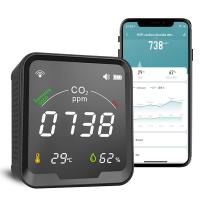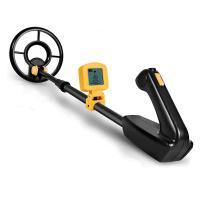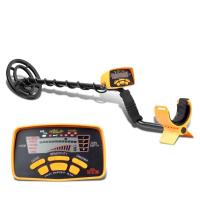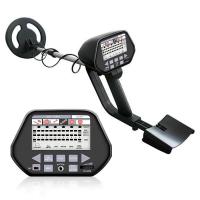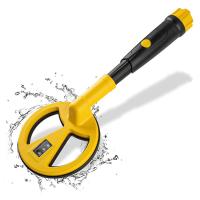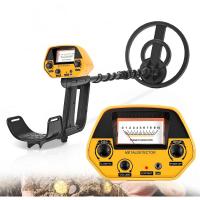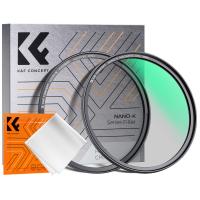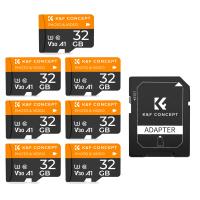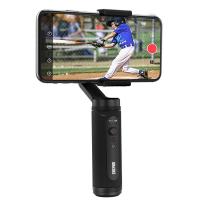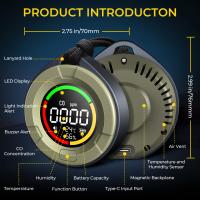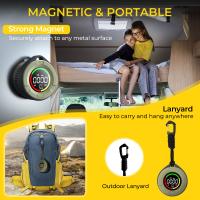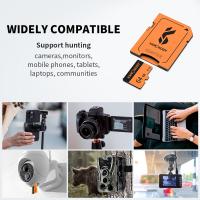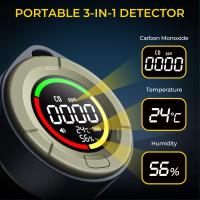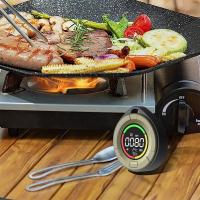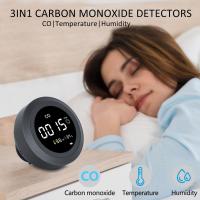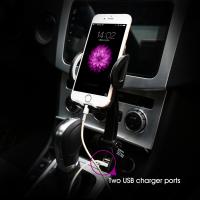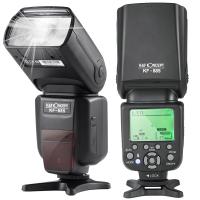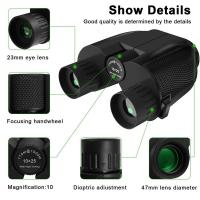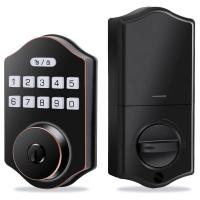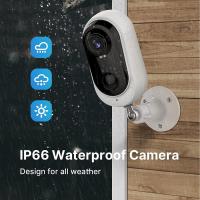Where To Get Carbon Monoxide Detector Free?
Carbon monoxide (CO) is an odorless, colorless gas that can pose serious health risks, including poisoning and even death, if not detected in time. As a result, installing a carbon monoxide detector in your home or workplace is absolutely vital to ensure safety. However, the cost of these devices can sometimes be a barrier for individuals or families on tight budgets. Fortunately, there are ways to obtain a carbon monoxide detector for free or at a significantly reduced cost. This comprehensive guide will show you where to look, how to ask, and what resources are available to protect your home and loved ones without breaking the bank.
Understanding the Importance of Carbon Monoxide Detectors
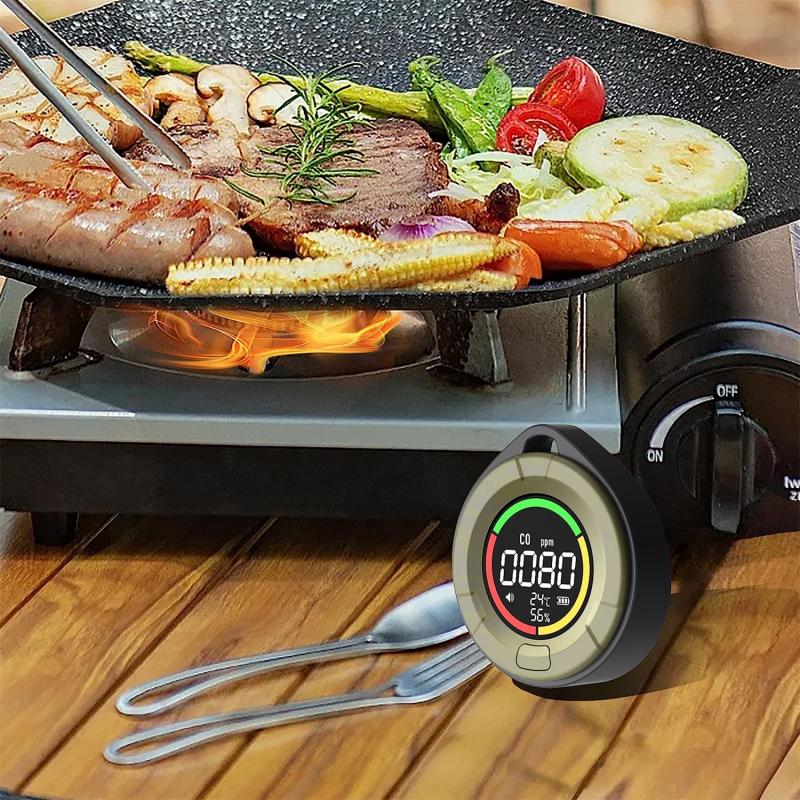
Before diving into where you can get a carbon monoxide detector for free, it’s worth considering why they are essential. Carbon monoxide is known as the "silent killer" precisely because it’s imperceptible to human senses. It’s produced whenever fuels like gas, oil, coal, or wood don’t burn completely, typically in devices such as heaters, fireplaces, stoves, and car exhaust. Without adequate ventilation or detection, CO can accumulate in enclosed spaces, posing severe risks to health.
Common symptoms of carbon monoxide poisoning include headaches, dizziness, weakness, nausea, confusion, and chest pain. In many cases, it can claim lives without any warning. CO detectors are the first line of defense, as they alert you before the gas reaches dangerous levels.
Resources for Free Carbon Monoxide Detectors
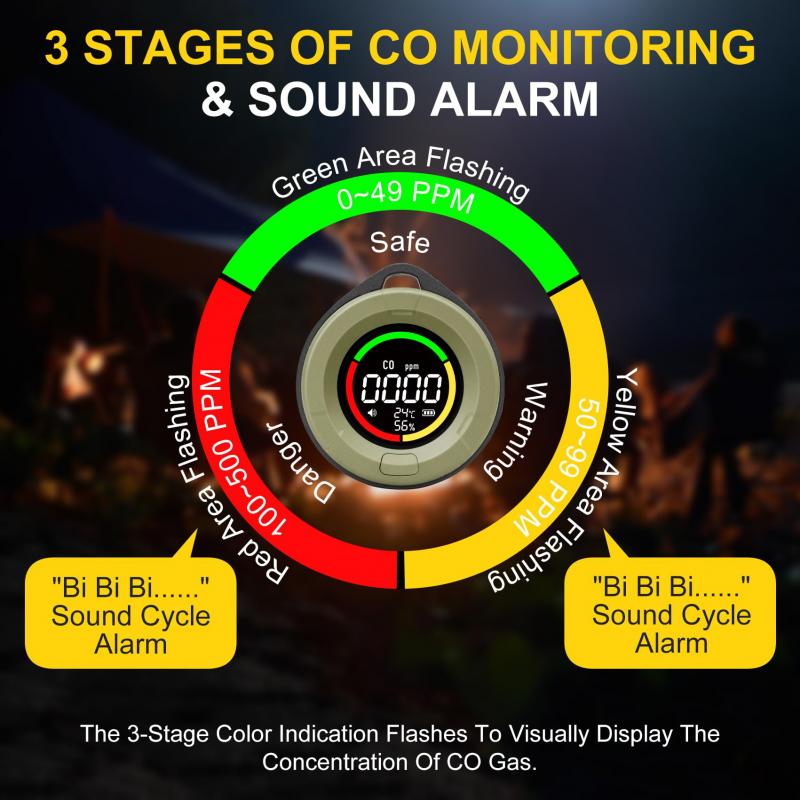
For individuals unable to purchase a CO detector outright, resources exist to ensure everyone—regardless of financial circumstances—can access this critical safety device. Here are some of the most common avenues through which you can potentially acquire one for free.
1. Local Fire Departments
Fire departments are one of the most common sources of free carbon monoxide detectors. Many fire departments across the U.S. and other countries run community outreach programs that distribute CO detectors to homes, especially in areas with lower income levels or a higher risk of carbon monoxide poisoning.
To access this resource:
- Contact your local fire department and inquire whether they have any ongoing safety programs providing free CO detectors.
- Attend safety workshops or awareness seminars, which often include free or discounted detectors as part of the initiative.
- Some departments may prioritize families with young children, senior citizens, or individuals with disabilities when distributing devices.
2. Government-Sponsored Programs
Local, state, or federal government programs often allocate funding for safety initiatives, including carbon monoxide detection. Many public health agencies recognize CO poisoning as a public health concern and offer programs designed to address the issue.
Steps to find resources:
- Check with your city or state health departments to ask about free detector programs.
- Research energy assistance programs, which sometimes include safety equipment like smoke alarms and carbon monoxide detectors.
- Search for grant-funded initiatives or housing safety programs in your area, as these often distribute CO detectors.
3. Nonprofit Organizations
Various nonprofit organizations are dedicated to promoting home safety and preventing tragedies caused by CO poisoning. Some operate nationwide campaigns, while others target specific communities, especially those in need.
Nonprofits to consider:
- American Red Cross: Known for its disaster relief efforts, the American Red Cross has frequently worked with local organizations to provide free smoke alarms and carbon monoxide detectors to families in need.
- Safe Kids Worldwide: While primarily focused on preventing unintentional injuries in children, this organization could also provide information or resources for obtaining free safety equipment.
- Habitat for Humanity: If you're participating in a housing project with Habitat for Humanity, they may include CO detectors in the homes they build or renovate.
4. Energy Companies
Many utility companies and energy providers partner with local safety organizations or run their own customer safety programs. These programs often aim to reduce the risk of CO poisoning by providing safety equipment such as carbon monoxide detectors.
What to do:
- Check with your gas or electricity provider about any safety initiatives they may have in place.
- Some companies may offer free CO detectors as part of an incentive program or in areas where carbon monoxide risks are higher due to older appliances or systems.
- If you're installing new gas-powered appliances, ask whether the company or contractor provides a detector with the installation.
5. Community Assistance Programs
Local charities, religious organizations, and community support centers often include home safety in their outreach efforts. These organizations help families in financial need and may offer free CO detectors as part of their support services.
To find help:
- Reach out to your local United Way chapter or similar organizations, as they often collaborate with local charities to distribute resources.
- Visit community centers, homeless shelters, or faith-based organizations and ask whether they offer assistance for carbon monoxide detectors.
- Keep an eye out for safety fairs or community events where free detectors may be distributed.
6. Online Safety Campaigns
From time to time, safety-focused organizations and manufacturers run online campaigns or promotions offering free CO detectors. These campaigns are often conducted to raise awareness about carbon monoxide poisoning.
How to participate:
- Follow safety organizations and fire departments on social media platforms for announcements regarding giveaways.
- Sign up for newsletters from manufacturers or retailers that might offer discounts or free products as part of their safety outreach.
7. Insurance Providers
In some cases, your home or renters’ insurance provider may offer discounts or reimbursements for installing safety equipment, such as carbon monoxide detectors. While not technically "free," this could significantly reduce the cost of acquiring one.
Ask your insurance provider:
- Whether your policy includes coverage or rebates for home safety equipment.
- If they partner with any organizations offering free detectors to policyholders.
---
Practical Tips for Acquiring a Free Carbon Monoxide Detector

- Be proactive: Free CO detectors tend to be distributed on a first-come, first-served basis. Stay informed about upcoming events or promotions in your area.
- Document eligibility: Some programs prioritize individuals with financial constraints. Being prepared to demonstrate eligibility (e.g., proof of income or government assistance) can help streamline the process.
- Leverage local partnerships: Organizations often work together to distribute CO detectors through schools, community centers, and public safety events. Networking locally may uncover opportunities.
- Educate others: Once you obtain a free CO detector, share information about these programs with family and friends. Raising awareness ensures more people in your community stay safe.
---
Additional Strategies: Keeping Costs Low
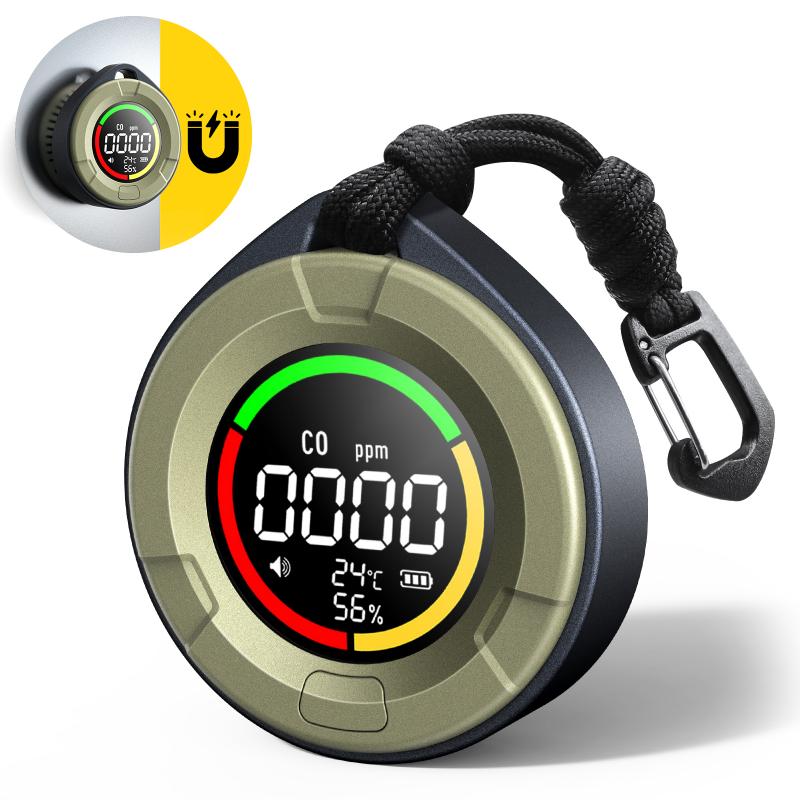
If free options are unavailable in your area, consider low-cost alternatives:
- Look for discounts during national fire safety months (this often occurs in October in the U.S.).
- Buy in bulk with neighbors or through community associations to access group discounts.
- Consider refurbished or overstock items from reputable manufacturers—they’re often just as effective but come at a reduced price.
---
The importance of carbon monoxide detectors in preventing tragedies cannot be overstated. Fortunately, there are numerous ways to obtain one for free if you're facing financial constraints. From fire departments to nonprofit organizations, utility companies to local charities, a variety of resources exist to help individuals and families protect themselves from the dangers of carbon monoxide. By leveraging these opportunities, you can secure a safer home environment without worrying about the cost.
Remember, protecting your family and home starts with awareness, action, and accessibility to essential safety tools like carbon monoxide detectors. If you’re unable to find an organization distributing free CO detectors in your area, raising the issue with local community leaders, neighbors, or businesses may help push for necessary programs. Safety is a community effort—and ensuring everyone has access to life-saving tools is a goal well worth pursuing.

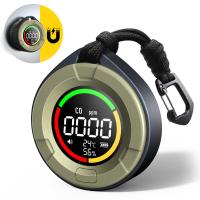
![Carbon Monoxide Detectors Portable Temperature Detector/Humidity Sensor/Air Quality Meter Smoke CO Gas Monitor [3 in 1] Alarm for Home Bedroom Office in-car Camping Indoor Outdoor Carbon Monoxide Detectors Portable Temperature Detector/Humidity Sensor/Air Quality Meter Smoke CO Gas Monitor [3 in 1] Alarm for Home Bedroom Office in-car Camping Indoor Outdoor](https://img.kentfaith.com/cache/catalog/products/us/GW40.0007/GW40.0007-1-200x200.jpg)
